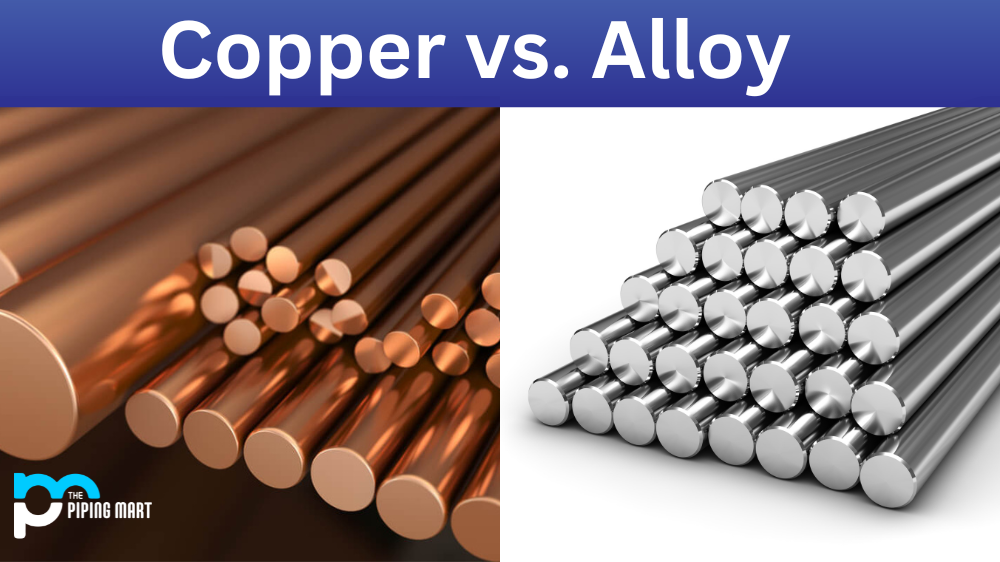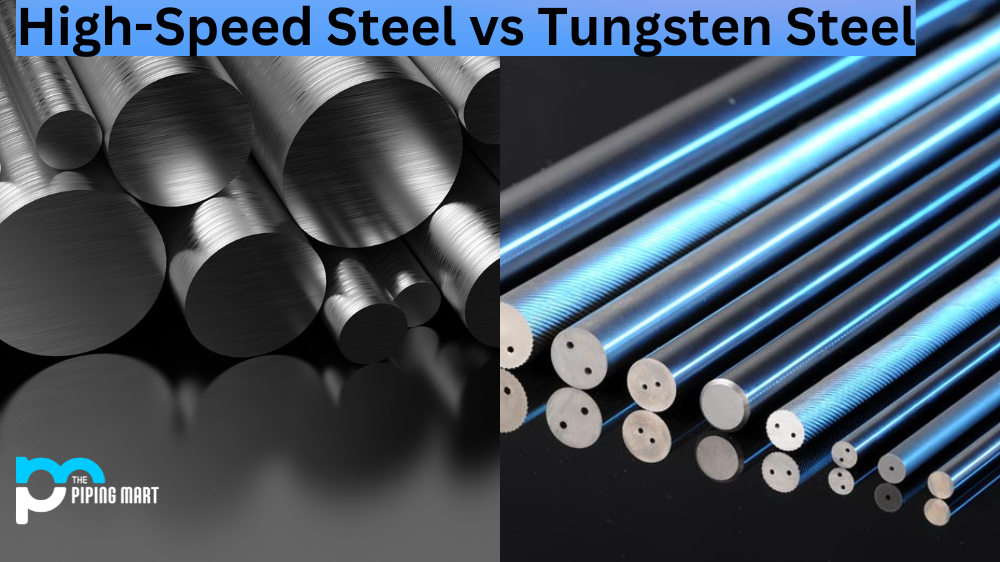Regarding metals, copper and alloy are the most commonly used materials. Both have unique properties that make them suitable for various applications, from jewelry making to industrial production. But what sets these two materials apart? Let’s explore the differences between copper and alloy so you can decide which metal is right for your project.
What is Alloy?
Alloy combines two or more metals that have been melted and mixed to create a new material with different properties than either of its parent metals. Alloys are often harder, stronger, lighter, and more resistant to corrosion than their constituent metals. Common alloys include steel, brass, bronze, silver, gold, and aluminum.
What is Copper?
Copper is one of the oldest known metals in human history. It has been used since ancient times for tools like weapons and coins because it was easy to shape without heat or energy. Copper is very malleable—it can be shaped by hand into intricate designs and extremely durable if treated properly. It also has excellent electrical conductive properties, making it ideal for wiring applications and jewelry making.
Differences Between Alloy and Copper
The main difference between alloy vs. copper is that alloys are stronger than pure copper due to their combination of metals, while copper does not contain any other elements blended in. Alloys also tend to be lighter in weight than pure copper because they contain a mixture of lighter elements such as aluminum or zinc, while pure copper typically contains only heavier elements such as iron or lead. Lastly, alloys tend to be more resistant to corrosion due to the presence of other elements, which provide additional protection against rusting or tarnishing over time, whereas pure copper does not have this same level of protection from the elements.
- Alloys are stronger and more durable than copper.
- Alloys are less expensive than copper.
- Alloys are less conductive than copper.
- Alloys are more resistant to corrosion than copper.
- Alloys can be made into a variety of shapes and sizes.
Conclusion:
With alloy vs. copper being highly sought-after materials used in many industries ranging from automotive manufacturing to electrical engineering, it can be difficult to know which one will best fit your project needs. Understanding their differences should help you make an informed decision about what material will work best for you! Their strength and durability, when combined with other metals found in alloys compared with the malleability and electrical conductivity found in copper alone, taking into account your project requirements can help ensure you pick the right material for your specific job!

Meet Bhavesh, a seasoned blogger with a wealth of knowledge and experience. From metal products manufacturing to retail, Bhavesh has a diverse background in various industries and is dedicated to sharing his insights and expertise with readers.




